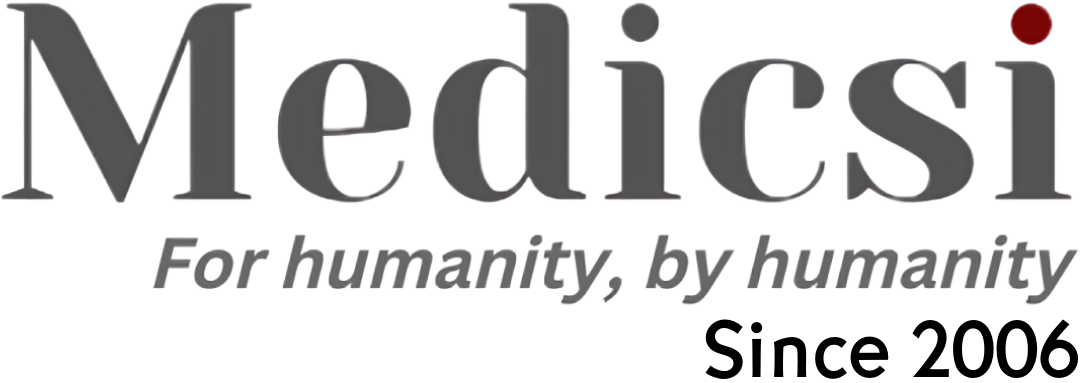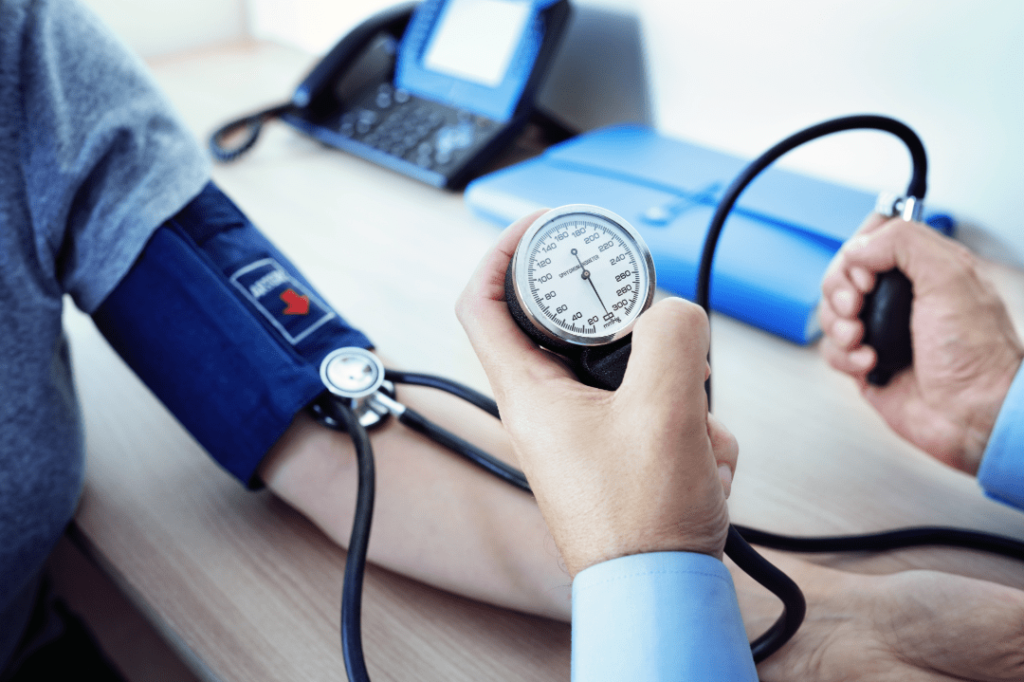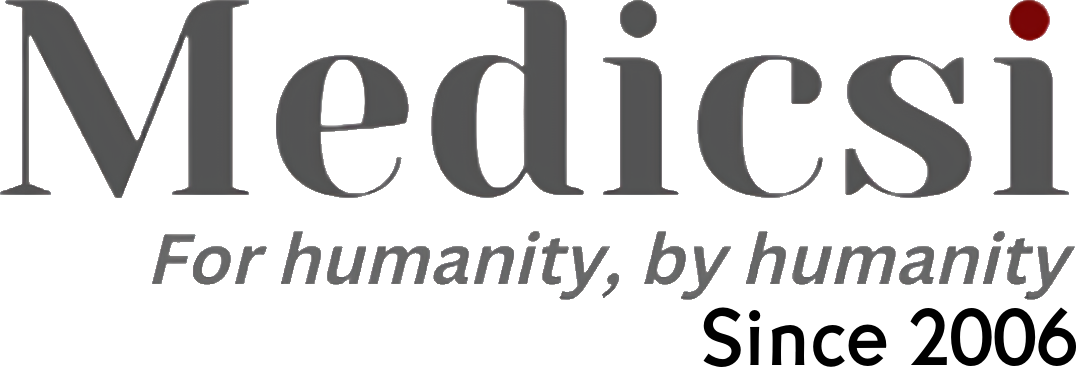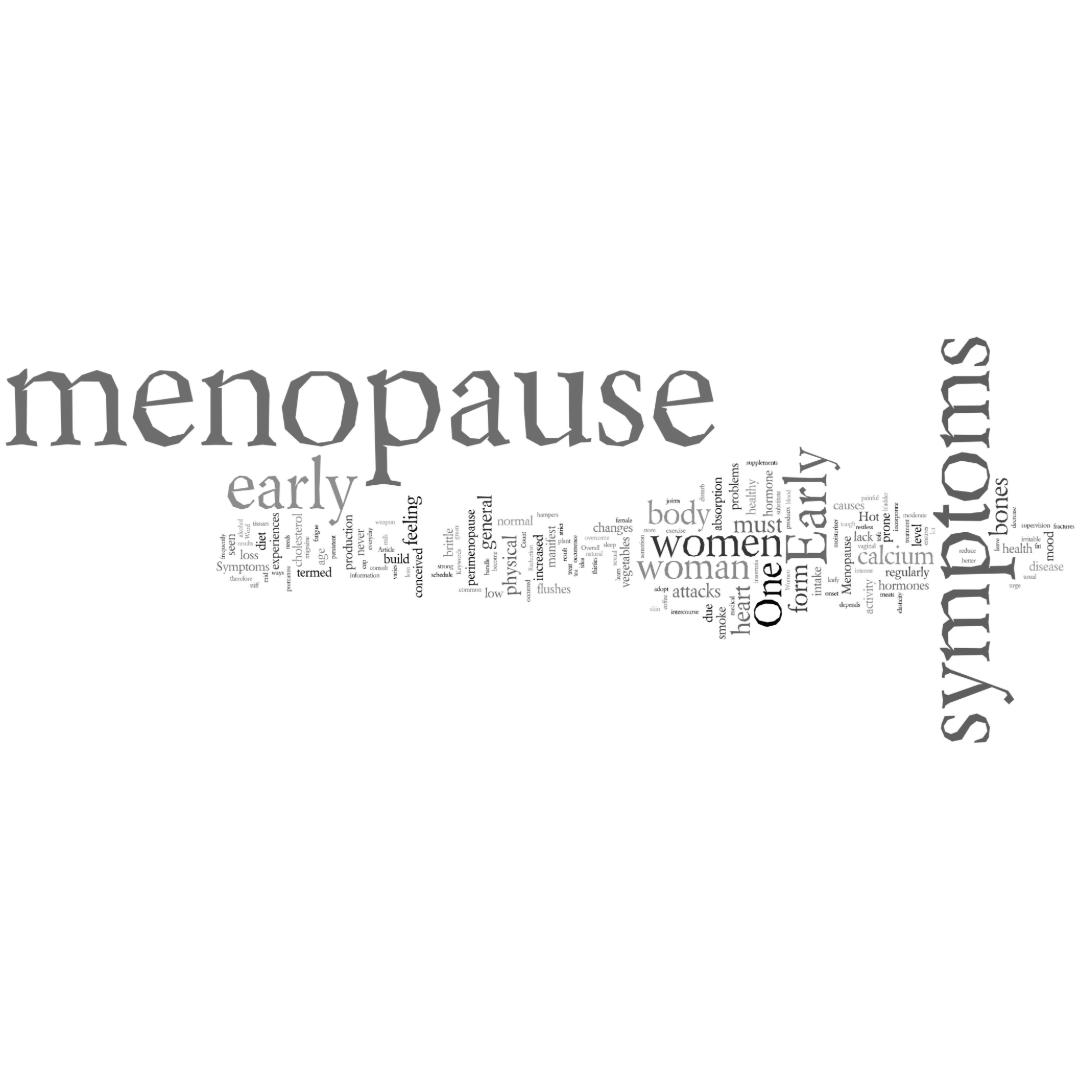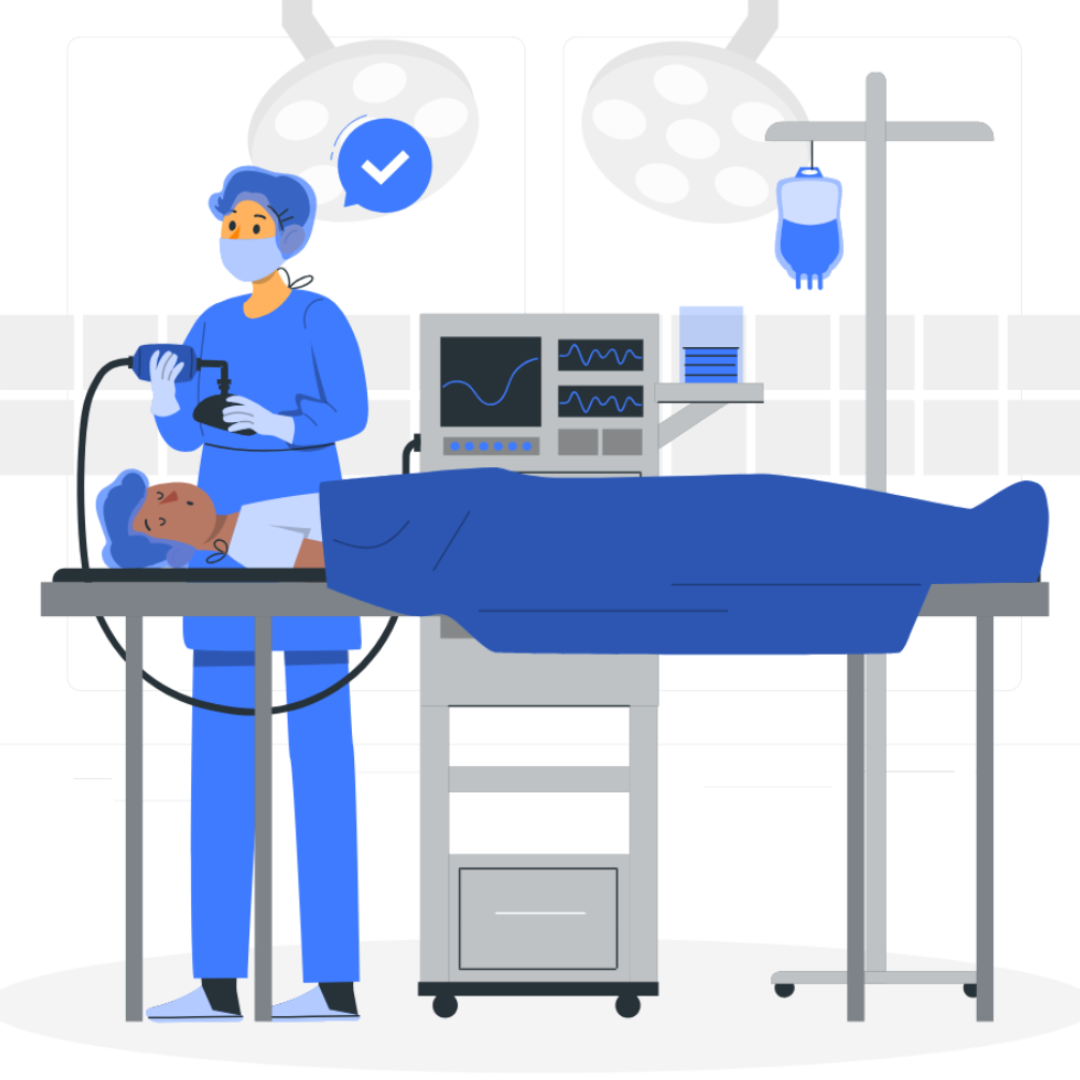WHAT IS HIGH BLOOD PRESSURE?
Patient Information Blogs WHAT IS HIGH BLOOD PRESSURE? … 17/05/2024 WHAT IS HIGH BLOOD PRESSURE? … 17/05/2024 Blood pressure is the pressure that blood applies to the inner walls of the blood vessels. "Hypertension" is the medical term for high blood pressure. It may not generally cause any symptoms. But if left unmanaged; would put you at risk for heart attack, stroke, and kidney diseases. Hypertension generally occurs without an underlying disease, and is termed as ‘Primary Hypertension’. Some adult individuals found to be hypertensive are diagnosed as having ‘Secondary Hypertension’. This means that there is an accompanying kidney, structural, or hormonal disorder. UNDERSTANDING BLOOD PRESSURE READINGS: On getting your blood pressures checked, you’ll hear two numbers. For instance, you may be told that your blood pressure is “140 over 90.” The top number refers to the pressure inside your arteries when your heart is contracting. While the bottom number signifies your blood pressure when the heart has relaxed after contracting. Theoretically, stricter blood pressure controls are advocated. However, individual variations exist, and medical treatment may not always be required in the first instance. For blood pressures not falling within the normal range, it is always better to consult your doctor for lifestyle modifications with respect to diet and physical activity. The following figures may vary with age: Normal – Top number of 119 or below and bottom number of 79 or below. Elevated – Top number between 120 and 129 and bottom number of 79 or below. High – Top number of 130 or above and/or bottom number of 80 or above. Hypertension Stage 1: Blood Pressure 130 to 139mmHg over 80 to 89mmHg Stage 2: At least 140mmHg over at least 90mmHg If you’re found to have elevated blood pressures, you may be at an increased risk of developing hypertension and other organ-related complications. That being said, medications usually don’t provide clear benefits in people with elevated blood pressure, and hence life-style modifications are emphasised. AM I AT RISK? The factors that put one at an increased risk for primary hypertension include; Advancing age Obesity Family history of hypertension Excess Salt consumption Excess Alcohol consumption Lack of physical activity WHEN TO GET CHECKED? More often than not, hypertension for most patients is diagnosed on routine screening. If you’re above the age of 40 and do not have a family history of hypertension, it is recommended you get your blood pressure checked once every year. However, younger patients without underlying risk factors may get it done, once every few years. More frequent screening is merited in people with risk factors, or those with documented increased readings, previously. A one-off ‘elevated’ or ‘high’ blood pressure reading usually does not suffice for a diagnosis of hypertension. This is because of the fact that your blood pressure may rise temporarily when checked in a hospital-setting; commonly described by the term “White-Coat Hypertension”. If so, for confirmation, your doctor may ask you for blood pressure readings to be taken at home. The physician would then use both readings to establish or negate the diagnosis of hypertension. WHAT IS REQUIRED OF ME? There’s a lot you can do on your own. The first step in managing hypertension is lifestyle modifications; Weight reduction, if overweight. A low-fat diet would help. Incorporating fruits and vegetables in the daily diet is usually beneficial. Reducing the daily intake of salt. Engaging in physical activities (brisk walk etc.) for at least 30 minutes a day, most days of the week. Your doctor in consultation with a nutritionist may guide you in avoiding foodstuff, bad for your high blood pressures. Your doctor would brief you about the blood pressure targets for you. Assessing them with a home-blood-pressure-monitor helps to garner better control and ensures optimal health outcomes. DO I NEED MEDICINES? Medicinal management for blood pressure control is prescribed if an individual’s blood pressure is persistently in the ‘high’ category, i.e. at or above 140/90. Alternatively, in the presence of accompanying diseases (diabetes, coronary heart disease, stroke, chronic kidney disease), and in the older age group; medicines may have to be prescribed at a lower blood pressure level. Once a medicine for high blood pressure is prescribed, the most important thing is not to miss doses. TALK TO YOUR DOCTOR! Like with other ailments, effective communication between you and the doctor is the key. While some drugs may cause side effects, especially in the initial few days, you ‘should’ not quit taking them, unless they cause significant symptoms. Similarly, if cost is an issue, mention that, to the doctor, too. After a doctor’s review, the dose of the medicine may be lowered, or it may altogether be switched to another drug. Remember, effective control of the blood pressures can reduce the incidence of heart-attacks and strokes! Blood pressure is the pressure that blood applies to the inner walls of the blood vessels. “Hypertension” is the medical term for high blood pressure. It may not generally cause any symptoms. But if left unmanaged; would put you at risk for heart attack, stroke, and kidney diseases. Hypertension generally occurs without an underlying disease, and is termed as ‘Primary Hypertension’. Some adult individuals found to be hypertensive are diagnosed as having ‘Secondary Hypertension’. This means that there is an accompanying kidney, structural, or hormonal disorder. UNDERSTANDING BLOOD PRESSURE READINGS: On getting your blood pressures checked, you’ll hear two numbers. For instance, you may be told that your blood pressure is “140 over 90.” The top number refers to the pressure inside your arteries when your heart is contracting. While the bottom number signifies your blood pressure when the heart has relaxed after contracting. Theoretically, stricter blood pressure controls are advocated. However, individual variations exist, and medical treatment may not always be required in the first instance. For blood pressures not falling within the normal range, it is always better to consult your doctor for lifestyle modifications with respect to diet and physical activity. The following figures may vary with age: Normal – Top number of 119 or below and bottom number of 79 or below. Elevated – Top
WHAT IS HIGH BLOOD PRESSURE? Read More »
